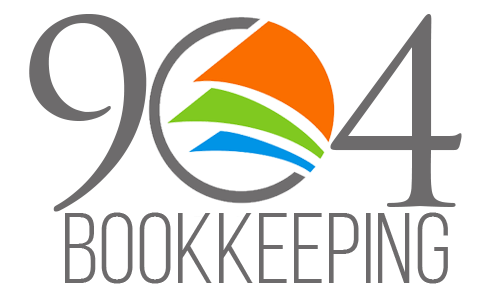Efficient bookkeeping practices are essential for construction contractors due to the inherent complexities of the field. Construction projects are susceptible to continuous changes and delays and challenges due to a lack of defined structure, stakeholders, shortage of labourers, and more. To streamline construction bookkeeping tips for contractors, it’s crucial to address specific problems and implement effective strategies.
1. Job Costing:
Construction contractors must employ job costing, a process that involves meticulous planning of project expenses such as materials, labor costs, and all associated charges. Contractors bookkeeping and accounting with specialized software can facilitate this task in an easy manner. Job costing allows for the monitoring of daily expenses compared to the budgeted amount, ensuring the project remains on track financially. This proactive approach can mitigate unnecessary delays and related expenses.
2. Cost Recording:
Construction contractors often handle multiple projects simultaneously, each with its own set of materials and costs. These projects may encounter delays due to various factors like transportation issues or natural disasters. Moreover, there are both direct and indirect costs, such as travel expenses and office maintenance, to consider. To prevent data gaps, it’s essential to record all costs in real time. Automation tools can provide real-time access to bank transactions and seamlessly record and categorize this data.
By implementing these strategies, construction contractors can simplify their bookkeeping processes, maintain better financial control, and improve project management.
3. Recording Labor Hours:
Accurate tracking of labor hours is crucial for proper bookkeeping. Labor wages, including regular and overtime wages, can vary depending on location and are subject to government guidelines. These hours and wage rates must be meticulously recorded in bookkeeping software to ensure precise calculation of employee wages at the end of the fixed pay period.
By implementing these strategies, construction contractors can simplify their bookkeeping processes, maintain better financial control, and improve project management.
4. Payment Methods:
Payment methods in construction projects can vary based on several factors. Notably, the Percentage of Completion (PCM) method is the approved approach for projects lasting longer than two years, applicable to both small and large businesses.
- Payment After Completion: Under this method, payment is received only after the project has reached completion. This approach is suitable for short-term projects lasting less than one year, as it simplifies tax calculations.
- Payment in Installments: Payment in installments involves dividing the total payment into fixed intervals.
- Percentage of Completion Method: This method involves collecting payment based on the percentage of project completion. It is often the most mutually beneficial method for all parties involved.
5. Tax Calculation:
Effective tax management is achieved by selecting the most suitable payment method for the business. By calculating the potential tax savings associated with each payment method, contractors can make informed decisions. Additionally, projects employing innovative construction methods, as suggested by architects, may qualify for tax credits, which can be claimed. Furthermore, contractors should explore insurance options to maximize tax credits. The type of business structure, such as sole proprietorship or partnership, can also influence tax considerations.
6. Follow up in Accrual-Based Accounting:
Accrual-based accounting ensures that revenue is recognized when work is completed, even if payment hasn’t been received yet. When utilizing accrual-based accounting, it is imperative to maintain meticulous records of the work completed through bookkeeping. Additionally, it’s essential to follow up with billing to effectively manage cash flow.
Conclusion:
These strategies outlined above are highly effective for improving cash flow within the construction business. Effective monitoring of cash flow and project progress is crucial for successful bookkeeping in the construction industry. Utilizing QuickBooks bookkeeping services can greatly assist in streamlining these processes due to its advanced features.
If you’re located in Jacksonville and seeking “QuickBooks bookkeeping services near me,” 904bookkeeping is there to assist you. Our team of certified bookkeeping experts can efficiently manage your accounts for small or mid-sized businesses, helping you maintain financial control and optimize your construction business’s financial management.




